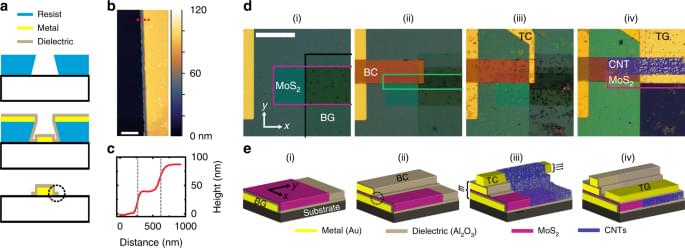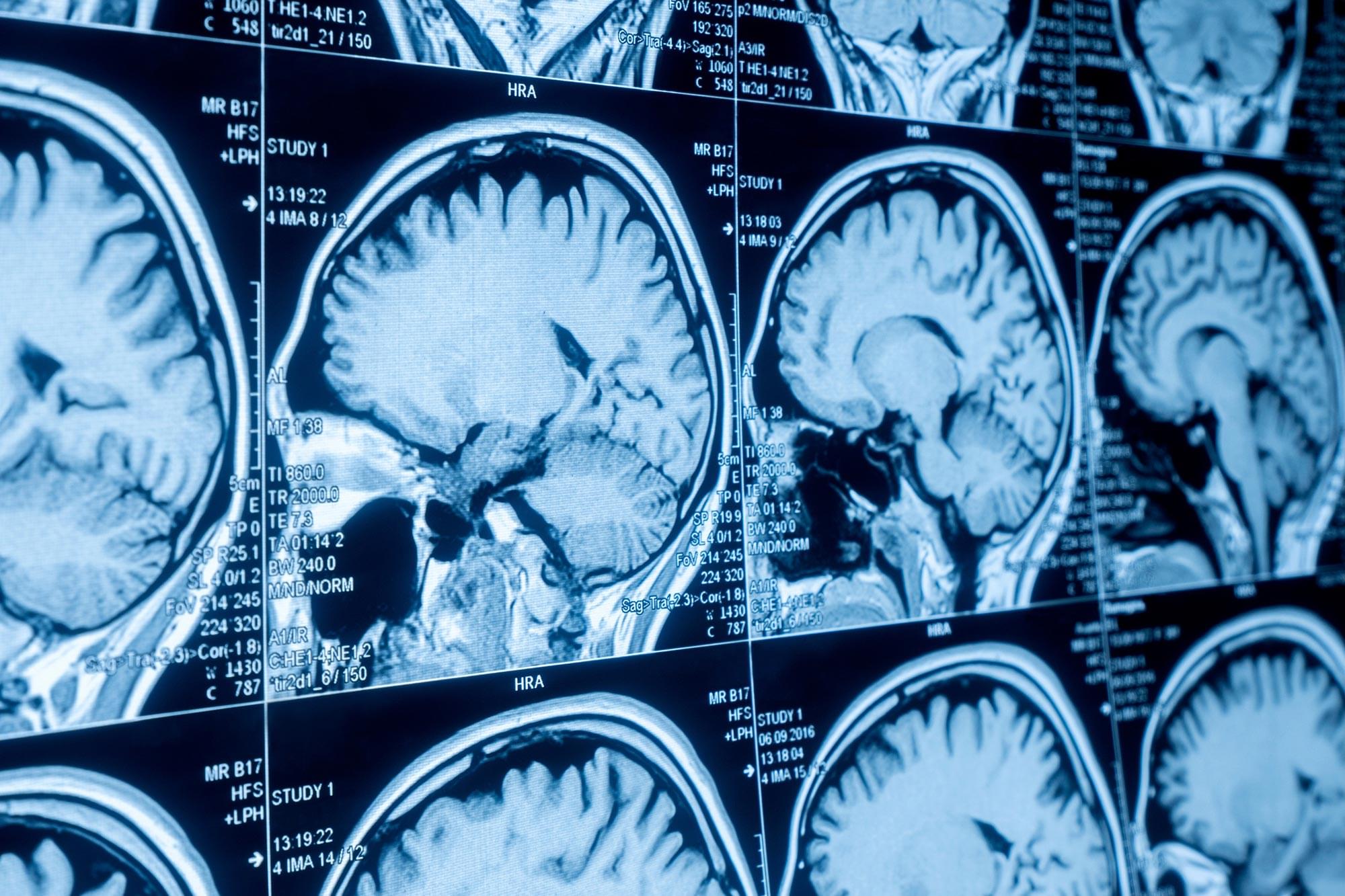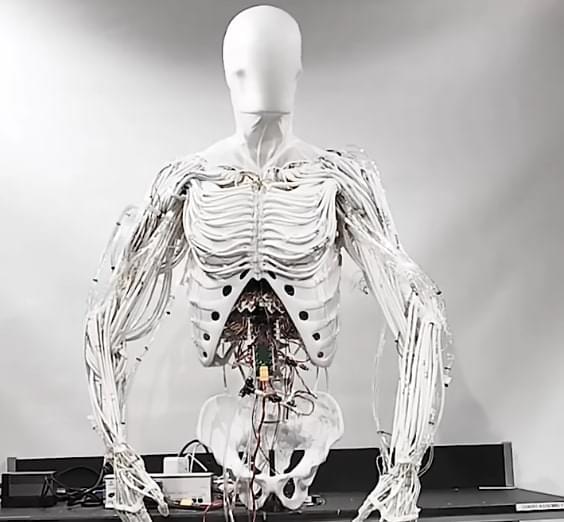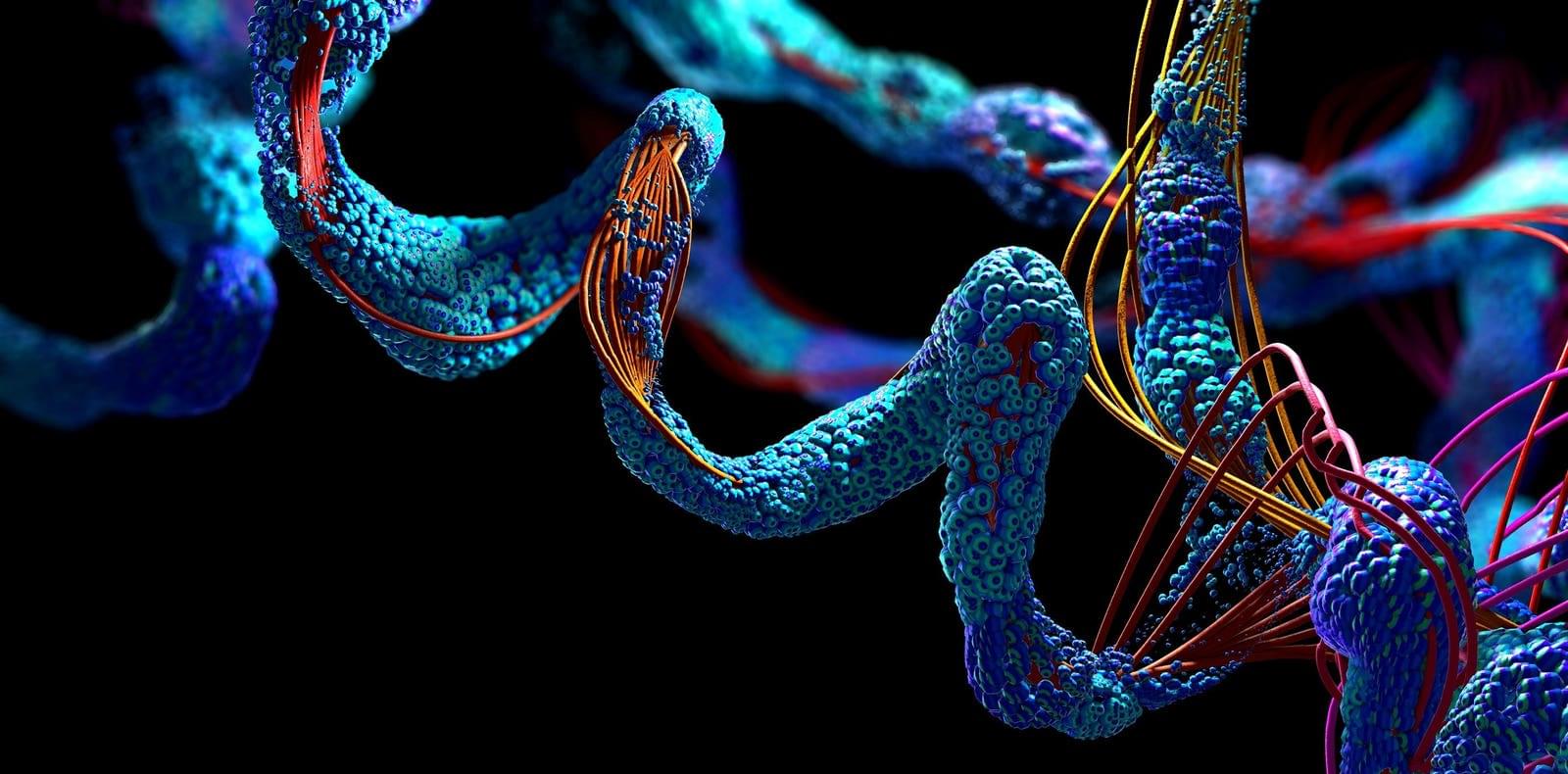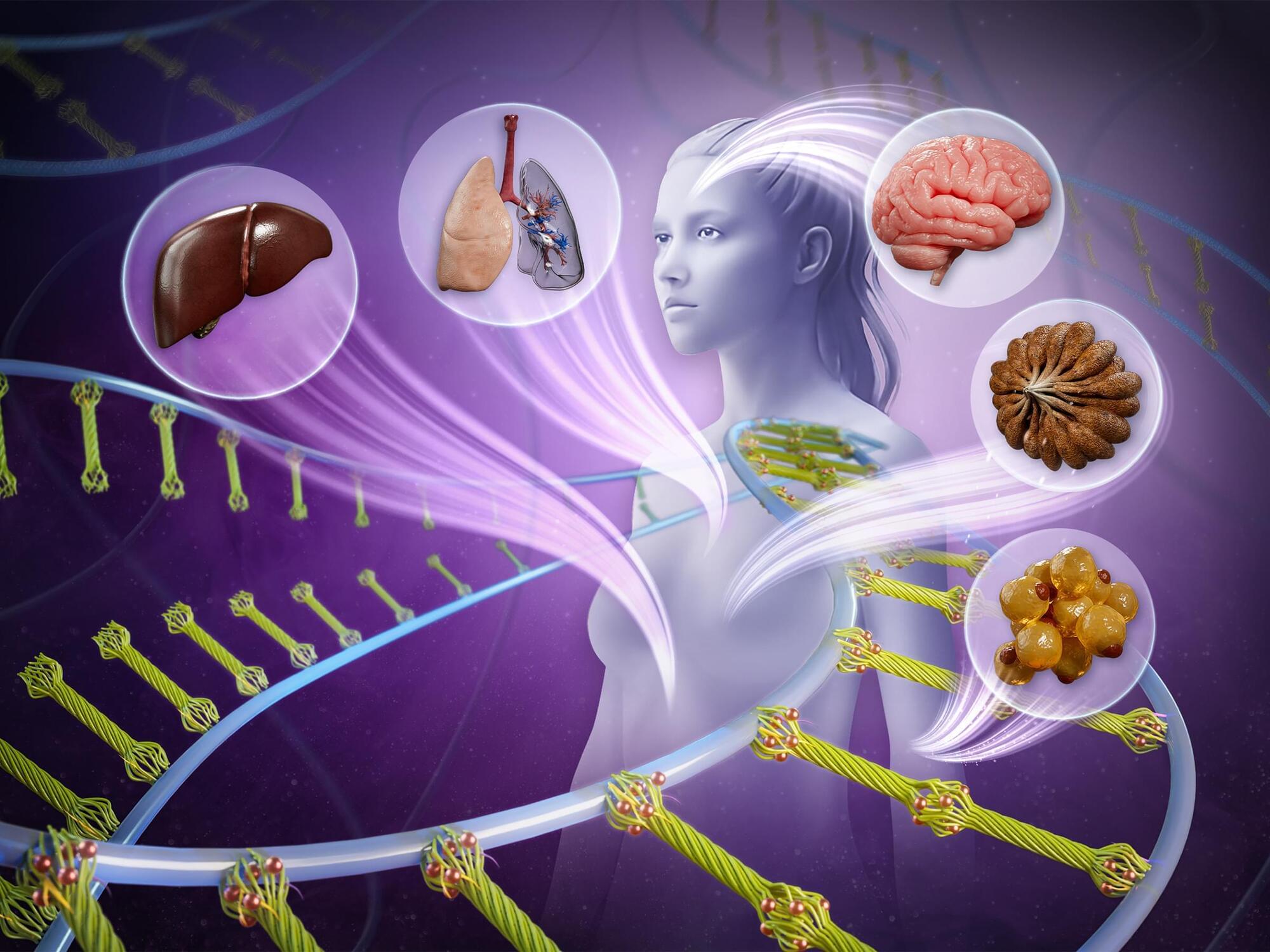A team of Carnegie Mellon University researchers set out to see how accurately large language models (LLMs) can match the style of text written by humans. Their findings were recently published in the Proceedings of the National Academy of Sciences.
“We humans, we adapt how we write and how we speak to the situation. Sometimes we’re formal or informal, or there are different styles for different contexts,” said Alex Reinhart, lead author and associate teaching professor in the Department of Statistics & Data Science.
“What we learned is that LLMs, like ChatGPT and Llama, write a certain way, and they don’t necessarily adapt to the writing style. The context and their style are actually very distinctive from how humans normally write or speak in different contexts. Nobody has measured or quantified this in the way we were able to do.”

